Moving to Santiago, Chile as an English speaking family with a child with learning difficulties was not for the faint of heart! It took a lot of effort and persistence, but once here, it has been a wonderful experience for us.
We moved to Santiago, Chile in 2017 with our three children. Our middle son has Down Syndrome and our youngest has hydrocephalus (water on the brain) so we were looking for English speaking IB schools with an integration program that would work for all our children. We also needed occupational/physical/speech therapists for our younger two. Here are some of the key aspects to consider when moving to Santiago.
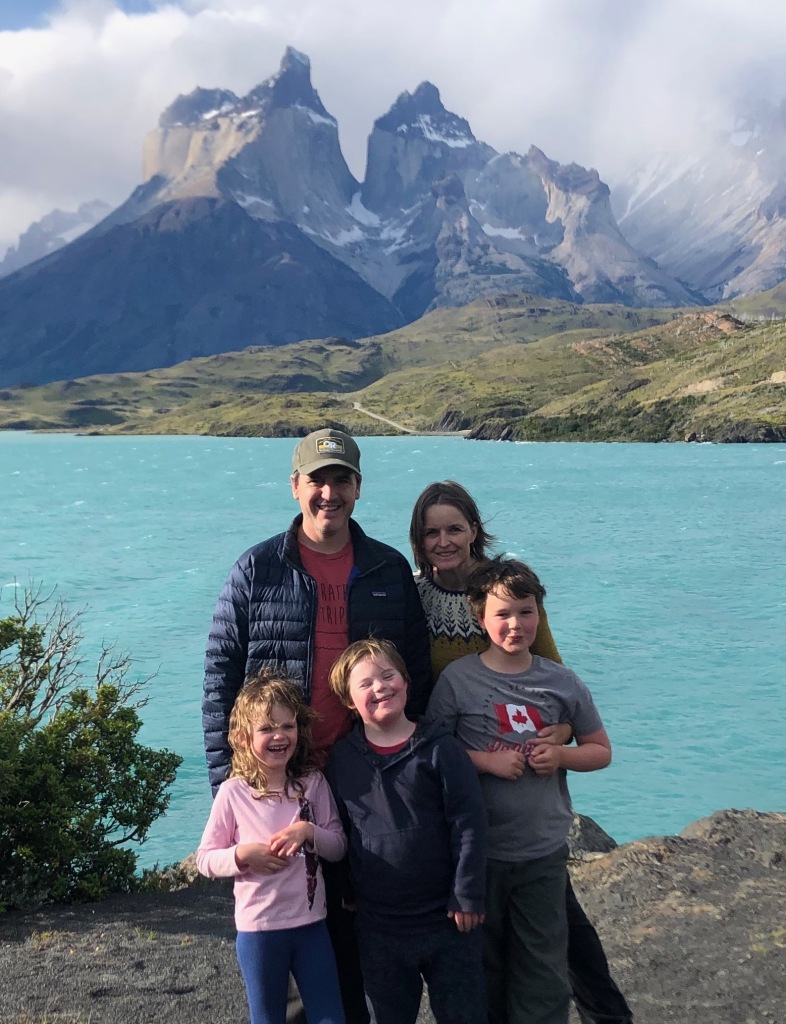
Education The hardest part of the whole move is schooling. We really wanted an IB English speaking school (with a Spanish component) where all three children could attend. Thankfully all three were still in primary levels as schooling in English gets harder for non-typical children the older they get. We emailed or applied to 13 English speaking IB schools in Santiago. We were interviewed by four and I honestly think there are only three potentially viable options for English families with children with Down Syndrome or other additional needs such as ADHD or autism. (Obviously if you speak Spanish or are bilingual your options are many more and there are state schools, semi-private and specialised schools in Spanish. But our English criteria really narrowed it down.)
If your child has special needs the four schools who interviewed us at the time (2017) were Lincoln, Craighouse, The International Preparatory School (TIPS) and Nido. All the schools are in different areas of Lo Barnechea. Lincoln has two campuses, one in Chicureo and the other campus is in Lo Barnechea. TIPS is an international school also in Lo Barnechea with a relaxed environment — our children loved the chickens running around the playground! Craighouse is a large IB school and it’s where we were ultimately accepted. We really liked the campus, the sense we had from the staff and the integration program, and have been very happy there. We felt very supported for all our children and feel they are getting a quality education. That said, it can also be very hard to get into Craighouse so start applying early, email often and if you know anyone who attends there, try and ask for their support. Nido is a well-known international school where many expat families attend, but at the time they interviewed us they did not offer an integrated program that would have been suitable for a child with Down Syndrome.

Schooling for children older than grade five can get very complicated in Santiago. If your child has special needs, and is in a grade above middle school and doesn’t speak Spanish it can be very challenging to find a school and can make expats even question a move to Santiago. For diverse learners, a non-IB school could be a good option, but smaller schools have smaller resources. Our friends with three junior and high school aged children did a combination of TIPS, homeschooling and the Southland School. Southland worked closely with our friends, they will hire support staff (you pay a portion) and their principal is a specialist in special needs and speaks English. The environment was accepting of their children, but you need to have a fairly flexible child willing to go into an immersion environment. Classes at Southland are conducted in Spanish with an English class and perhaps one other class (like Social Studies) in English. So your child needs some sense of Spanish or a support teacher for in-class translation. Our friends paid to have the assignments and exams also translated.
For the pre-school age we loved our local Montessori Rayhue for our daughter (they call pre-schools/nurseries “jardins”here) and they were also open to having our son with Down syndrome attend their summer session. It was all in Spanish and a great starting point for our daughter to learn the language in a very loving environment. They have four branches and the owner is lovely.
Basically apply to everything you can, but it can be incredibly difficult to get into schools in Santiago for typical children so if you have children with additional needs it is the hardest aspect of moving here.
Another great resource as a starting point is the US State Department’s global listing of schools who accept children with special needs.
Associations Because our son has Down Syndrome, Craighouse requires we do additional educational tutoring, physio, OT, speech therapy and emotional learning at Fundacion Complementa. This foundation specialises in working with children with Down syndrome and all the work is done in Spanish. Our son loves going there and we have seen such progress. At one point we considered we might have to homeschool and supplement with days at Complementa. There are other organisations like Complementa where our friend’s children attend including Foundation Excepcionales and DownUp. This is a wonderful list of Down syndrome resources for all of Chile, look for REGIÓN METROPOLITANA section for Santiago.
The Universidad Católica de Chile also has a listing of resources (in Spanish).
Therapy Supplemental therapy is readily accessible here, especially if you can access the private hospitals, and you can often find doctors and therapists who speak English. We have done OT, physio (called kinesiology) at Clinica Las Condes hospital and also Alemana Hospital. Clinica Las Condes also has a Down Syndrome Clinic. If your insurance won’t cover you, there are more affordable options in the associations list above. Teleton is also a great resource for therapy and help. We have had two wonderful in-house English speech therapists and before covid of 2020 our SLT was doing sessions at the school. We found them through the Discover Chile FB page which is a great resource for finding English speaking therapists. Our dentists have been incredible and so patient with our son with Down syndrome at the COSS clinic in La Dehesa.
Housing. Traffic and housing can be very difficult in Santiago. Once we found our school we looked for a triangle between house/school/work and considering our commute to Complementa and the hospitals for regular appointments. Pre-Covid we had standing weekly sessions at Complementa and the hospital, plus any ad hoc and twice yearly check-ups.
Spanish. If you are moving to Chile and don’t speak Spanish I would suggest start watching tv/cartoons in Spanish (you can change this on Netflix), hire a Spanish speaking babysitter, try duolingo app and get out easy books from the library. It will make the transition easier.
Quality of life We find at school and in society we are accepted and usually have people approaching us to talk about down syndrome. In Canada and the USA, for example, a child with Down Syndrome is born on average 1/750 births. In Chile the average is about 1/300. So chances are the person wanting to talk to you has a friend or relative with Down syndrome. For an ex-pat, Santiago has everything you could need or want if you are coming from Europe or North America. We can buy peanut butter, Cheerios, even maple syrup! (You do pay for it, but it is available!) The travel and nature possibilities are endless and we have visited many breathtaking areas of Chile.
The extras. We have found amazing support with the Integrated Parents group at our school, and were able to join the school ski team. There is an integrated program with the team and Valle Nevado that helped our younger two learn to ski. Something I wasn’t sure would ever be possible! The British Soccer School also accepted both of our younger two children without hesitation, taught them skills and seamlessly integrated them into their program. Our daughter has great difficulty moving her left side and she is years behind her peers in terms of mobility, yet Loreto Rivera Dance gladly accepted her into her ballet program and we saw huge improvements physically but also emotionally as she was able to do something she loved and felt as equal as any other ballerina in her group. We have an incredible swimming teacher who I found by asking at Complementa for recommendations.
Perseverance If a school tells you there is no space or they can’t accept you, just take it as a suggestion. A friend was moving to Santiago and I was helping her manoeuvre the system and some things that helped were; putting together a package of reports from your local therapists showing capability of your child and sending to the head along with a cover letter expressing your desire to be part of the school; asking locals (if you know any) past/present alumni to call the admissions office and present your case in person; if possible visit in person to show commitment and interest. If you can bring your child with additional needs for test/interview that could work in your favour as well. We approached the schools first and then found out about Fundacion Complementa, whereas friends of ours approached Complementa first and that lead to going to school at Craighouse.
If you have found an English speaking school that offers an integration program in Santiago (or anywhere in Chile!) please comment below, as it could be a great benefit to other families looking to move to Chile.
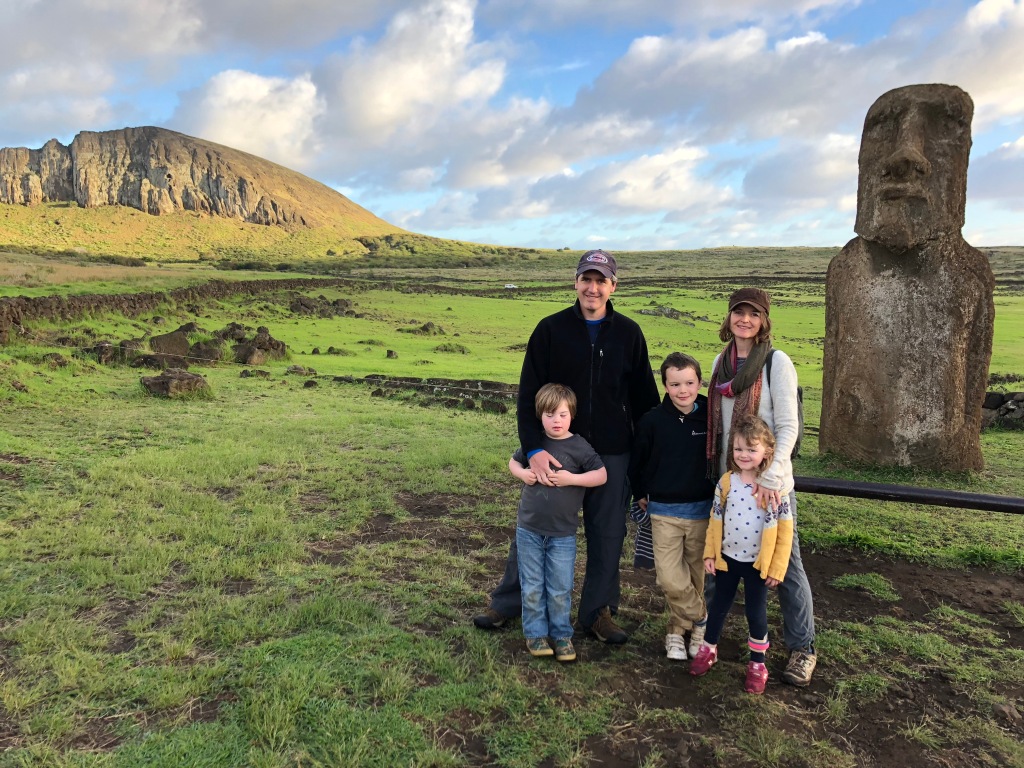
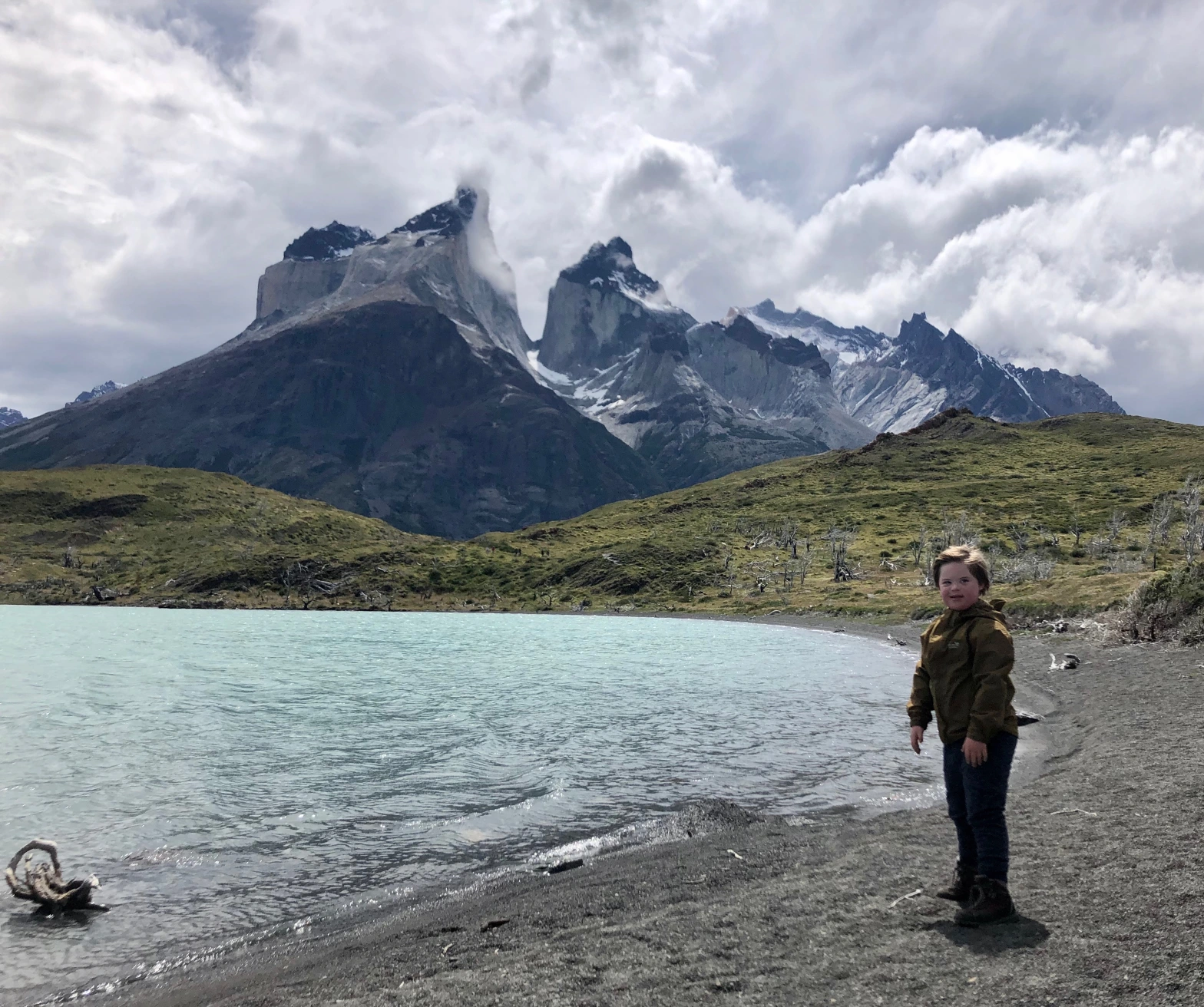
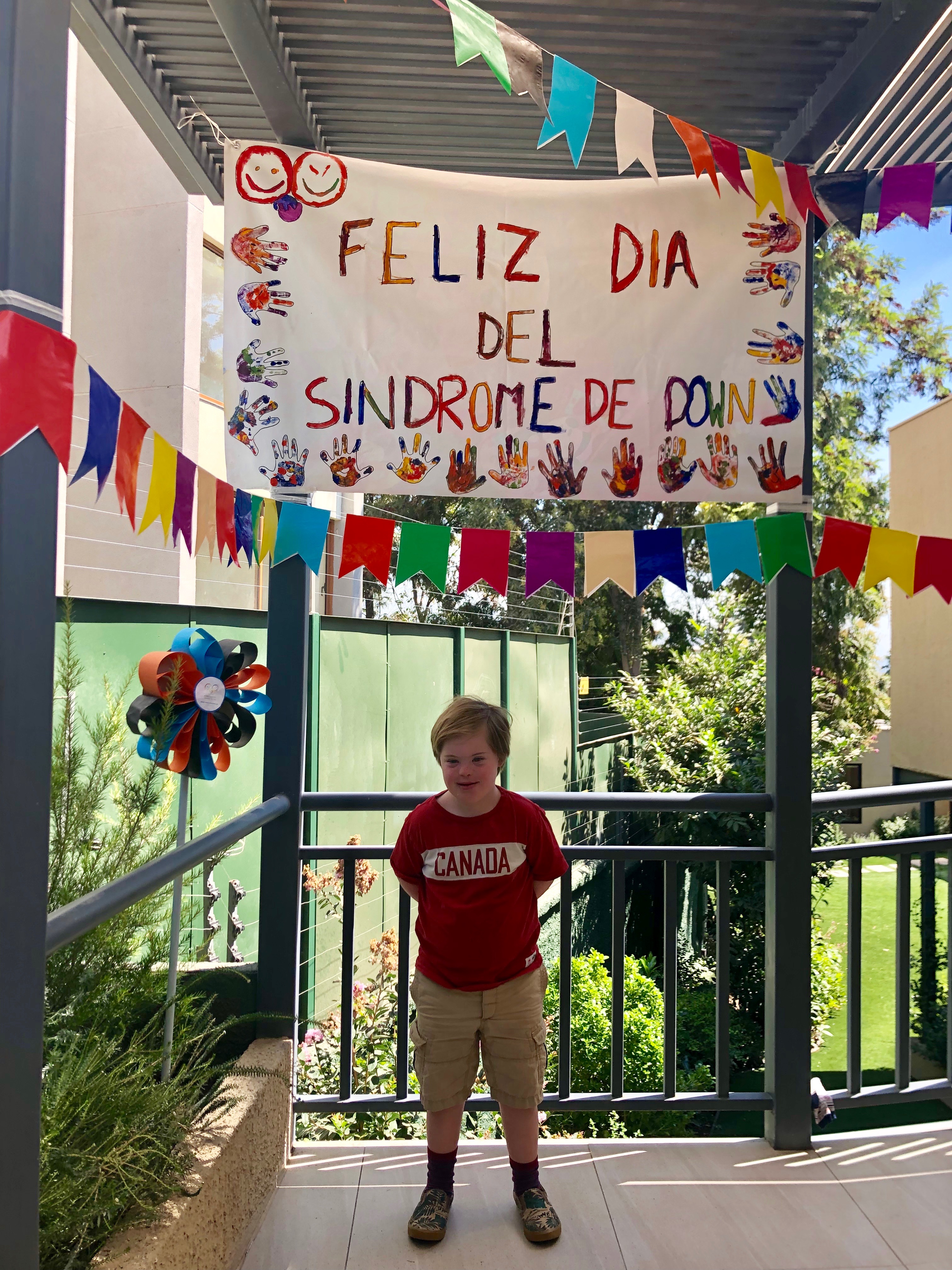
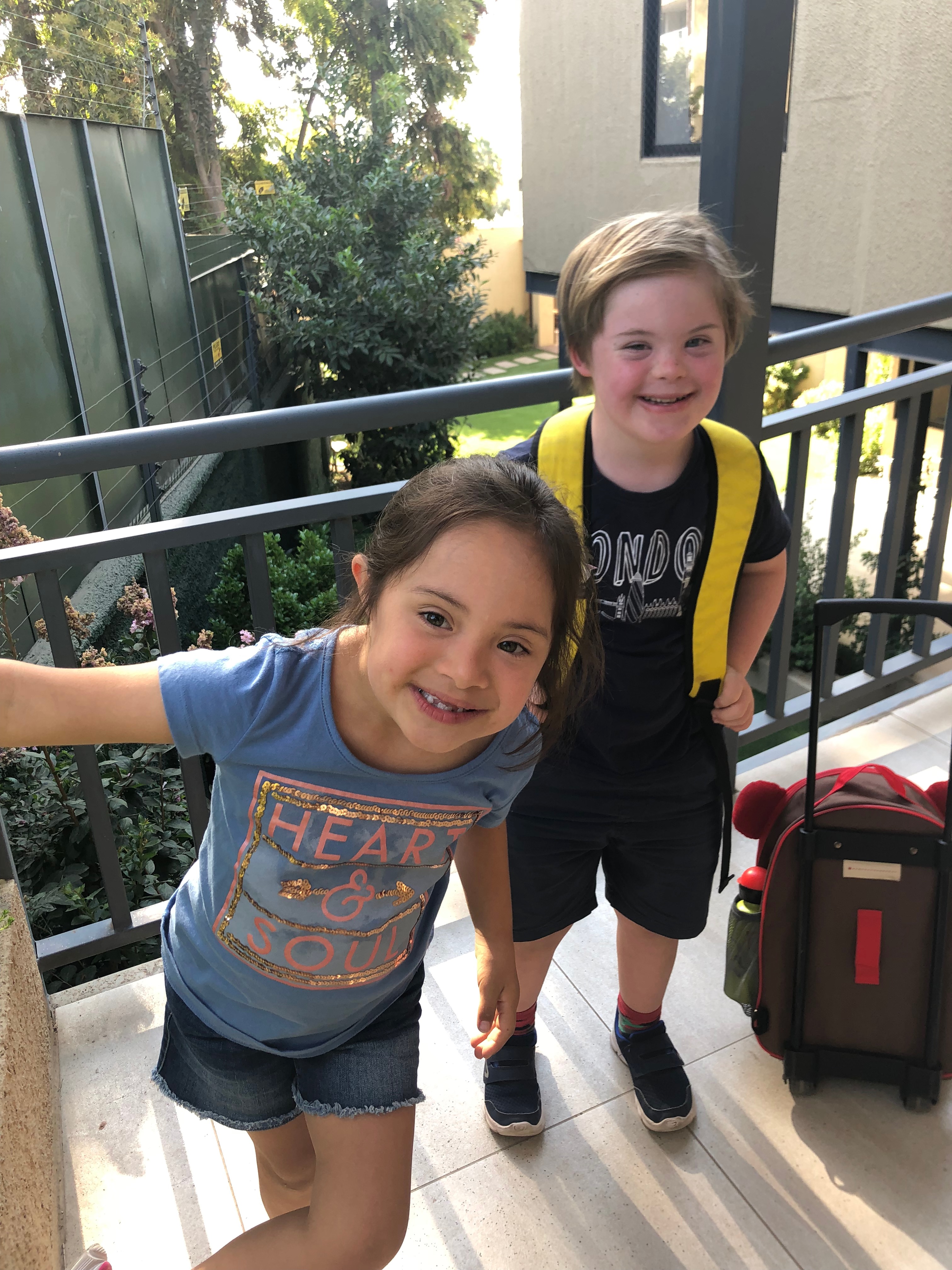
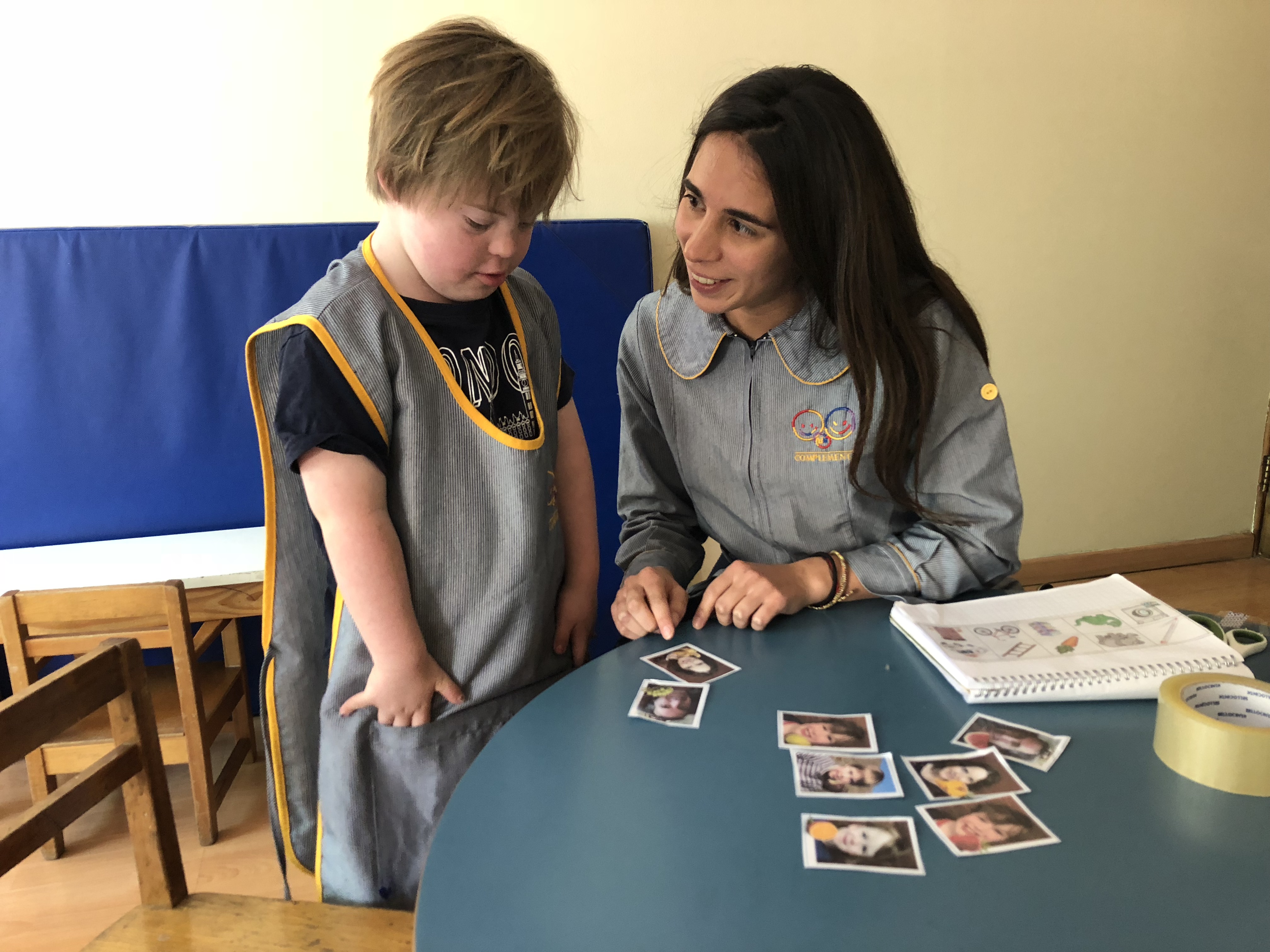
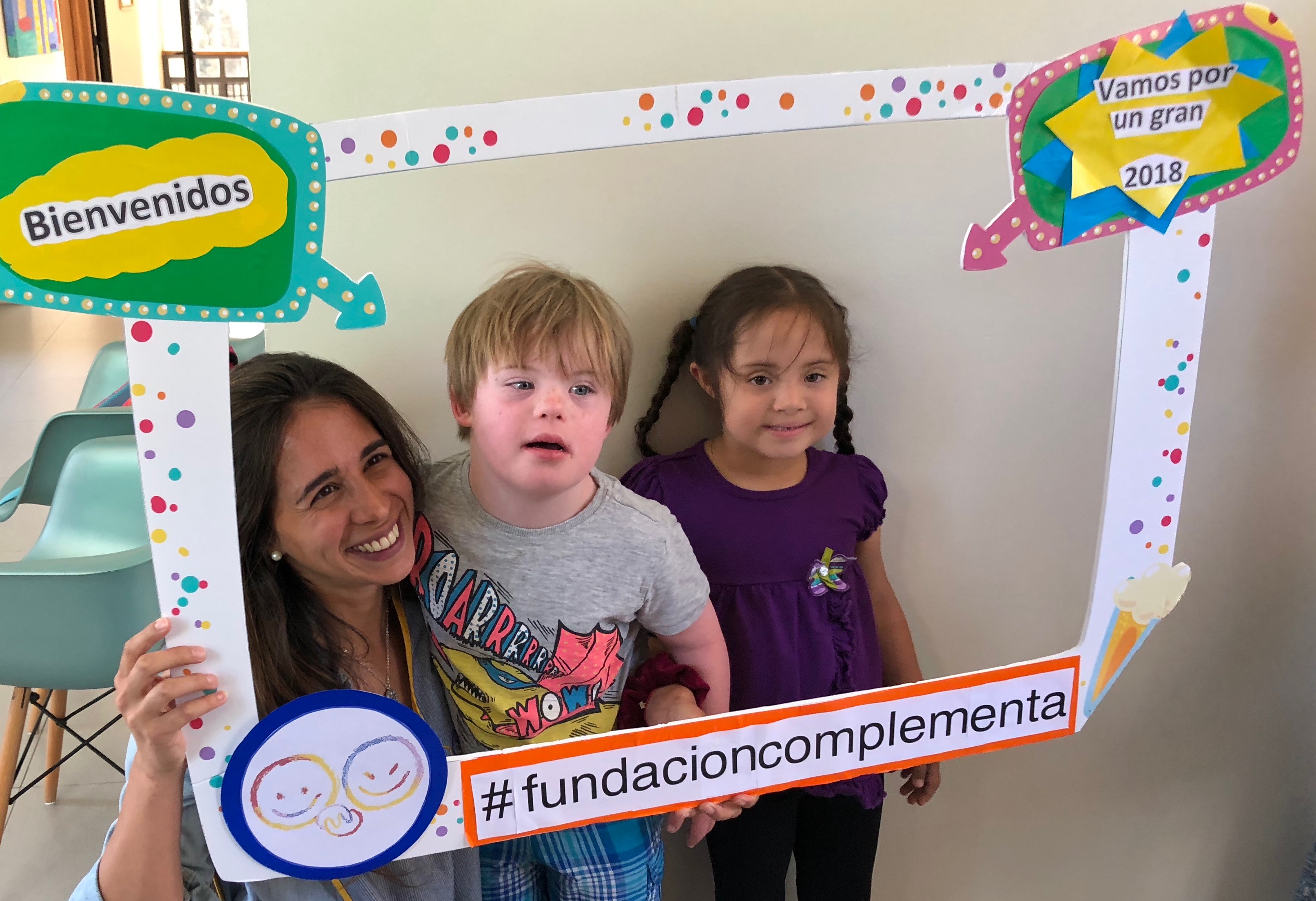

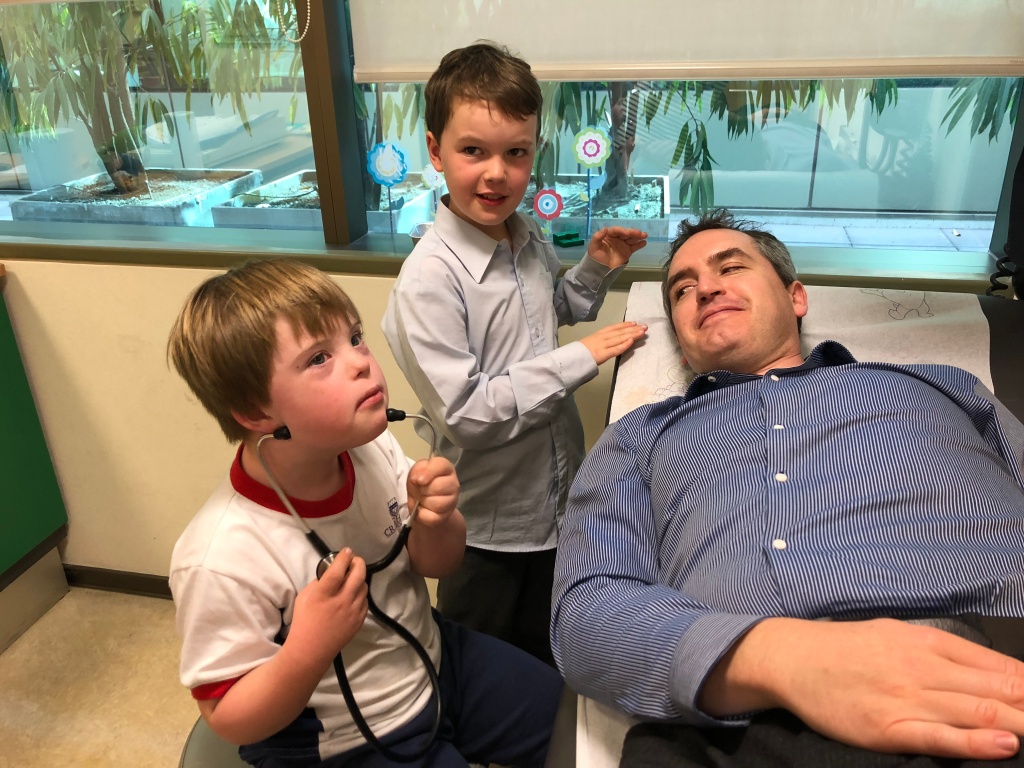
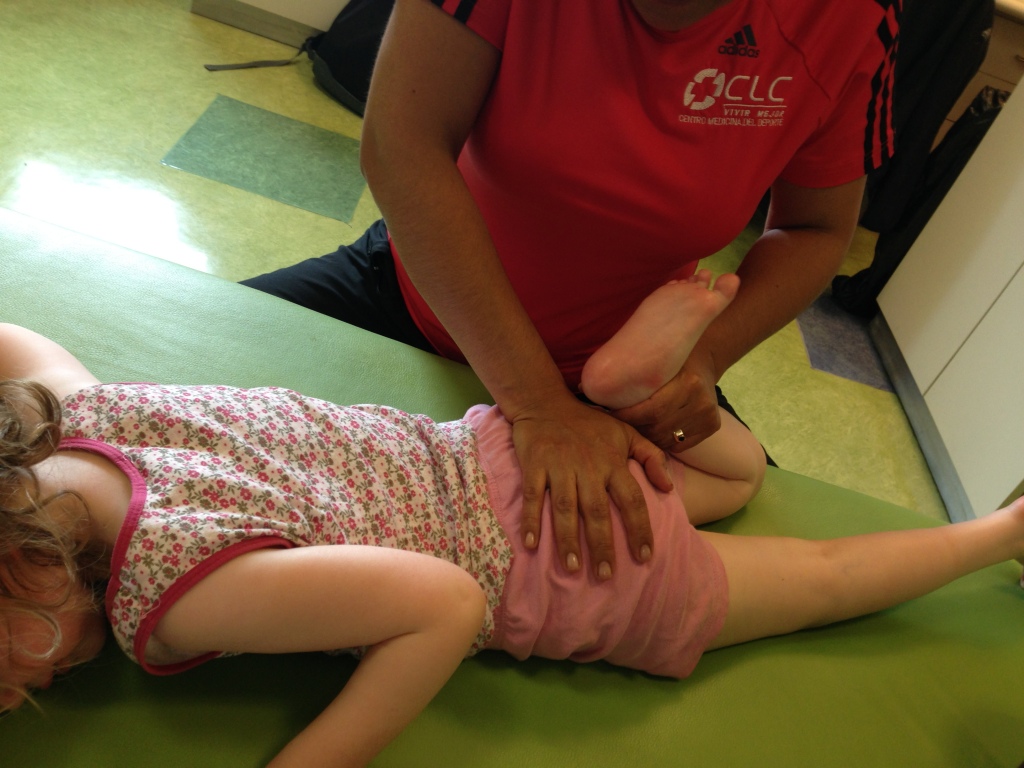

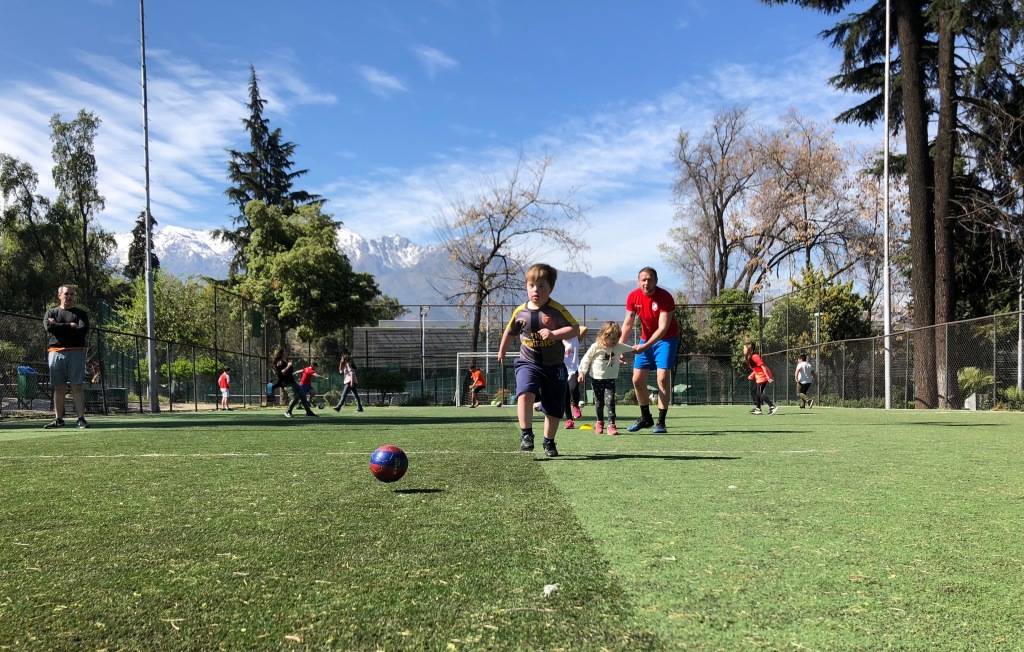
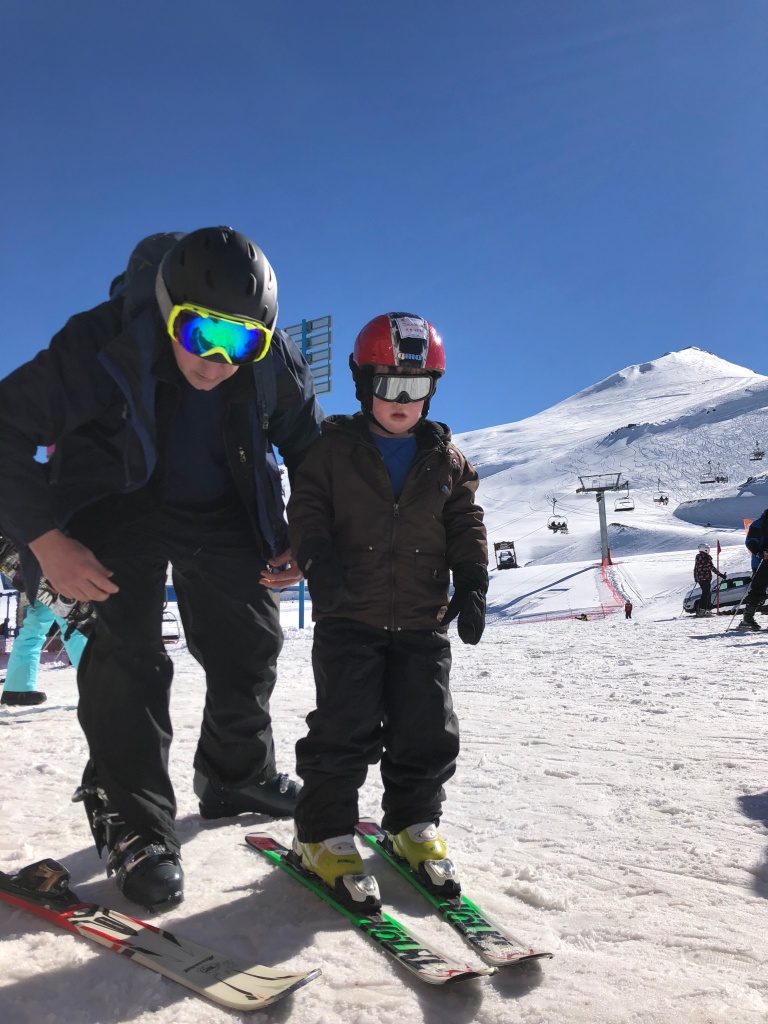
Thank you so much for writing this.
LikeLike